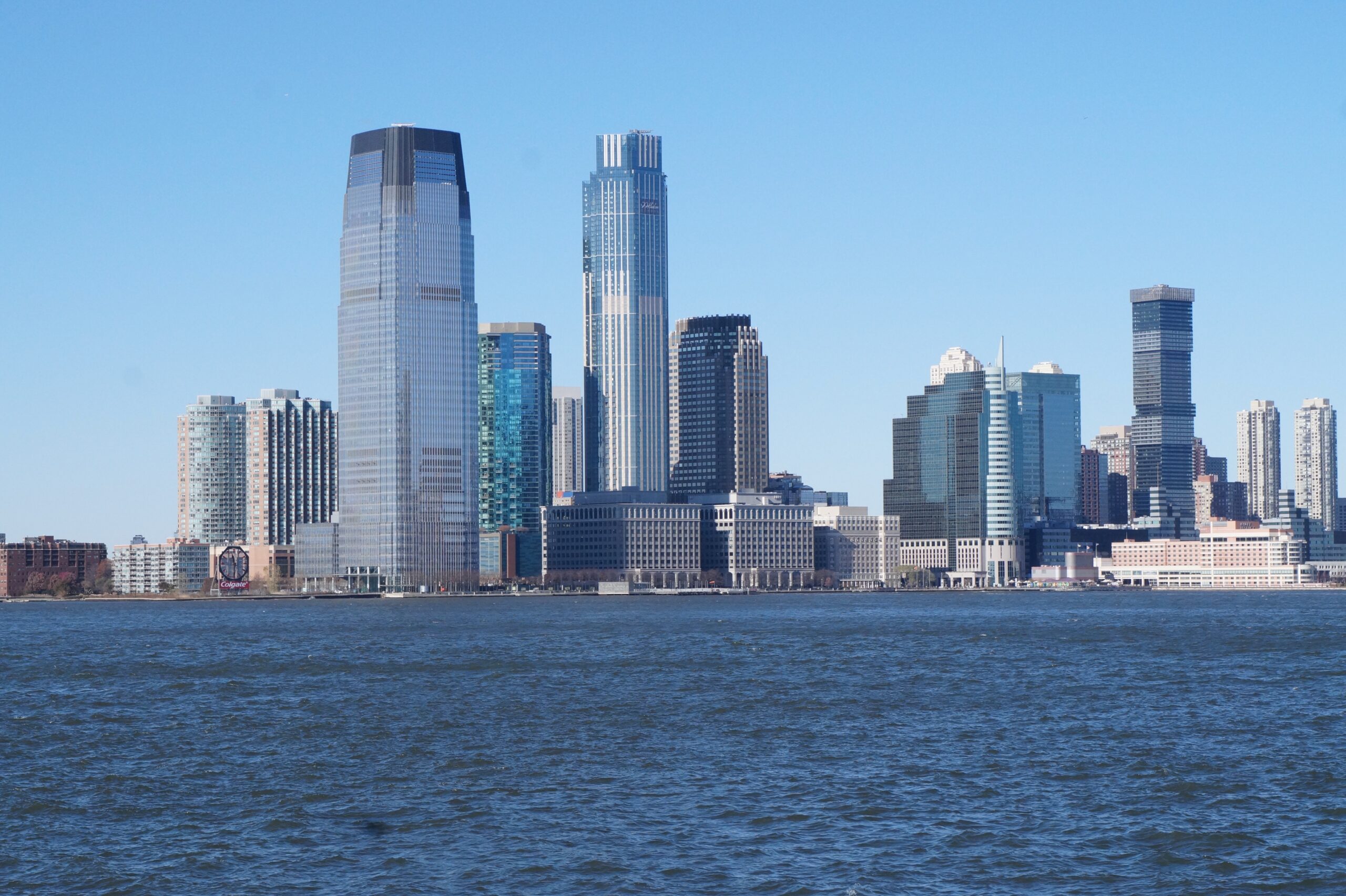New Jersey’s Casino Smoking Ban and the Re-Evaluation of Gambling Ads
The gambling industry in New Jersey is in the throes of significant change. Two key factors are currently stirring the pot: the state’s review of gambling advertising regulations and the contentious issue of a smoking ban within Atlantic City’s casinos.
Atlantic City Casino Smoking Ban
A bill proposing a permanent smoking ban in Atlantic City’s casinos is currently under review, eliciting heated debate among stakeholders. The city’s casinos have enjoyed an exemption from New Jersey’s indoor smoking ban since 2006, but the proposed legislation could change this longstanding norm.
While health advocates praise the ban as a necessary public health measure, casino operators argue that it may put Atlantic City casinos at a competitive disadvantage, potentially affecting revenue and employment in the city.
The Mental Health Perspective
A recent poll conducted by Stockton University’s Lloyd D. Levenson Institute of Gaming, Hospitality, and Tourism illuminates another facet of the smoking ban discussion. The study shows a strong correlation between problem gambling and smoking, highlighting a mental health perspective often overlooked in the debate.
More than half of the respondents who admitted to being problem gamblers also identified as smokers. This statistic underscores the need for integrated approaches to public health in the gambling industry and lends a nuanced perspective to the smoking ban controversy.
New Jersey’s Review of Gambling Ads
Parallel to the smoking ban debate, New Jersey is also undertaking a comprehensive review of its gambling advertising regulations. The move comes amidst growing concerns about the potential negative impacts of aggressive marketing tactics employed by gambling operators, particularly on vulnerable individuals.
The review aims to strike a balance between protecting consumers and maintaining a competitive gambling market. It’s a delicate task, given the inherently alluring nature of gambling and the economic significance of the industry in the state.
FAQ: Frequently Asked Questions
1. What is New Jersey’s stance on smoking in casinos and gambling advertisements? New Jersey is currently considering a smoking ban in Atlantic City’s casinos and is reviewing its gambling advertising regulations.
2. How might a smoking ban affect Atlantic City’s casinos? While a smoking ban could enhance public health measures, some casino operators argue that it might also negatively affect their competitiveness and revenue.
3. What is the purpose of the review of gambling ads? The review aims to balance consumer protection and market competitiveness, addressing concerns about the potential harmful impacts of aggressive marketing tactics.
Commentary: Dissecting New Jersey’s Gambling Industry Changes
The proposed smoking ban and advertising review in New Jersey highlight the multifaceted nature of the gambling industry. They underline the industry’s intricate interplay with public health, mental health, and market competitiveness.
The smoking ban, while contentious, underscores a critical shift towards prioritizing public health within the gambling sphere. The connection between smoking and problem gambling brought to light by Stockton University’s poll only strengthens the case for such a move. Yet, it is vital to weigh these health benefits against the potential economic repercussions, especially in a city where the casino industry plays a significant economic role.
Simultaneously, the review of gambling ads reflects growing awareness about the industry’s potential negative impacts. It’s a commendable move by New Jersey, signaling a commitment to protect its residents while maintaining a thriving gambling sector. However, finding a balance that satisfies all stakeholders will undoubtedly be a complex task.
Balancing Act in the Gambling Industry
New Jersey’s efforts to navigate the smoking ban and the advertising review paint a vivid picture of the gambling industry’s balancing act. On one hand, the state must ensure the wellbeing of its residents and address potential public health issues. On the other, it must maintain a thriving and competitive gambling industry.
The key takeaway is that such a balancing act, while challenging, is crucial. By seeking to strike this balance, New Jersey sets a promising precedent for other jurisdictions wrestling with similar issues.
Photo by Fiaz Mohammed on Unsplash

